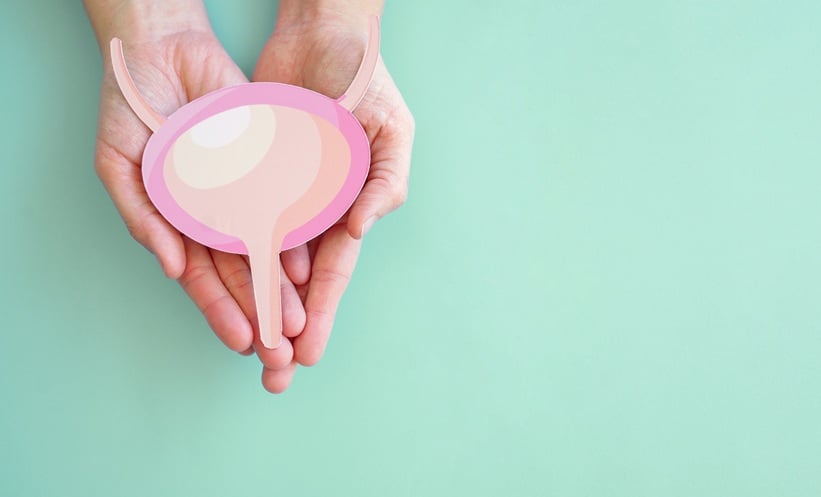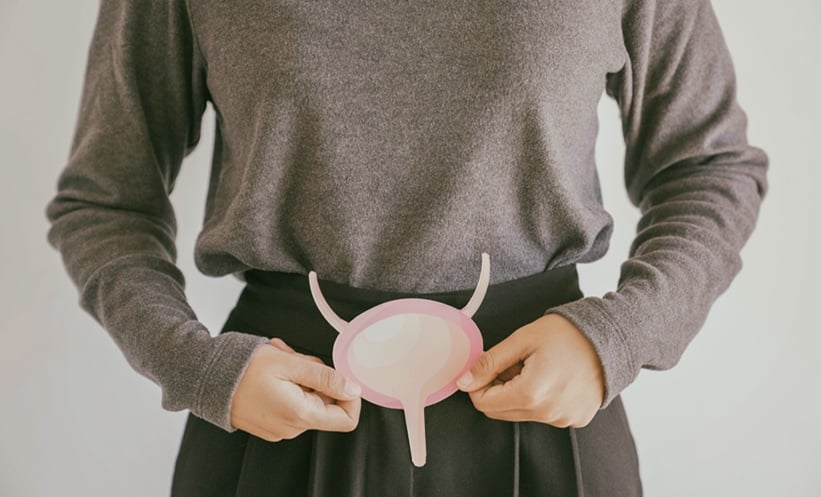TREATMENT options for stress urinary incontinence (SUI) in women have evolved significantly in recent years, particularly amid increasing scrutiny of surgical mesh procedures. While tension-free vaginal tape (TVT) remains the gold standard, its use has declined due to safety concerns. In contrast, polyacrylamide hydrogel (PAHG) injection presents a less invasive alternative. A recently published 5-year follow-up study offers new insights into the long-term outcomes of these two treatments, with a key finding that PAHG was associated with significantly fewer complications, though it did not meet criteria for noninferiority in patient satisfaction.
The randomised, controlled, noninferiority trial analysed data from 223 women with SUI, who were randomly assigned to receive either TVT or PAHG. Of these, 212 underwent their assigned treatment, and 195 (92.0%) completed the five-year follow-up. The primary outcome was patient satisfaction, measured using a visual analogue scale from 0 to 100. Secondary outcomes included treatment effectiveness and complication rates.
After five years, median satisfaction scores were high in both groups (98 [IQR 86–100] in the TVT group and 90 [IQR 75–99] in the PAHG group). However, satisfaction scores of 80 or above were reached by 92.7% of TVT patients compared to 74.7% of those treated with PAHG. The difference of 18 percentage points (95% CI: 7.7–28.0) exceeded the pre-set noninferiority margin of 20%, indicating that PAHG did not achieve noninferiority. In contrast, complications occurred in 43.8% of women in the TVT group versus 22.2% in the PAHG group, a notable difference of 21.5 percentage points (95% CI: 8.4–33.8).
These findings suggest that while PAHG may be less effective than TVT in terms of long-term patient satisfaction, it offers a significantly safer profile with fewer complications. This has important implications for clinical decision-making, particularly for patients prioritising minimally invasive treatment or those at higher surgical risk. However, limitations include the single-centre design and potential regional practice variations, which may affect the generalisability of results. Further studies across diverse populations could help refine guidance for long-term SUI management strategies.
Reference
Freitas AI et al. Tension-Free Vaginal Tape versus Polyacrylamide Hydrogel Injection for Stress Urinary Incontinence – 5-Year Follow-Up. NEJM Evid. 2025;DOI: 10.1056/EVIDoa2400216.








